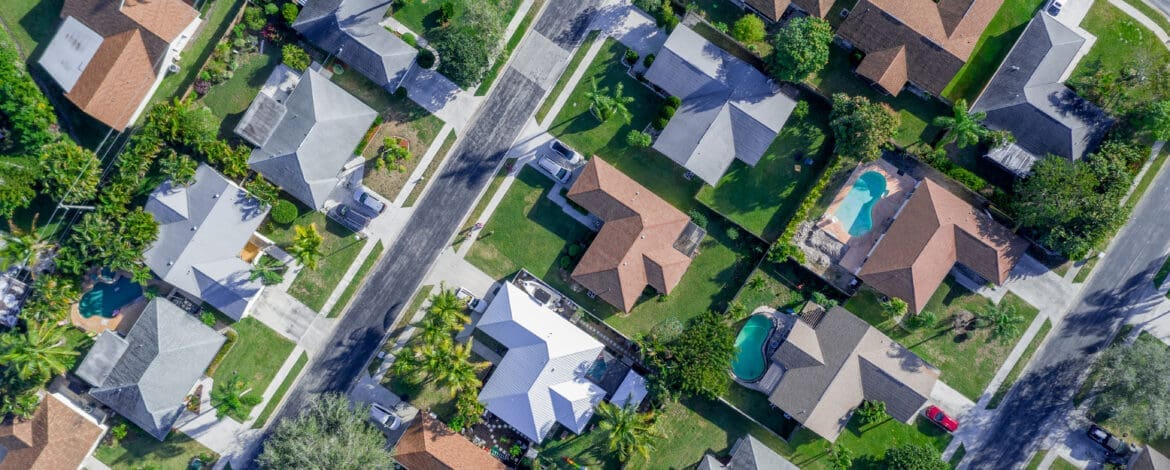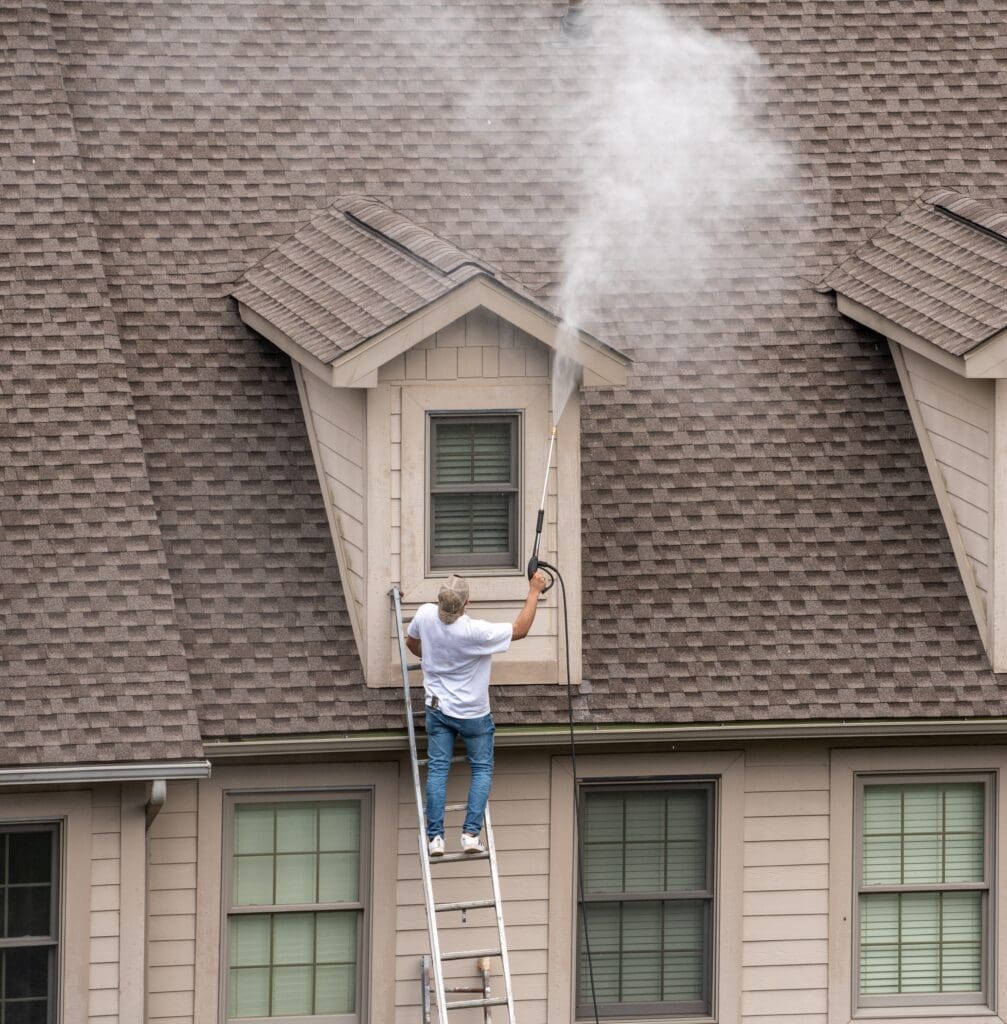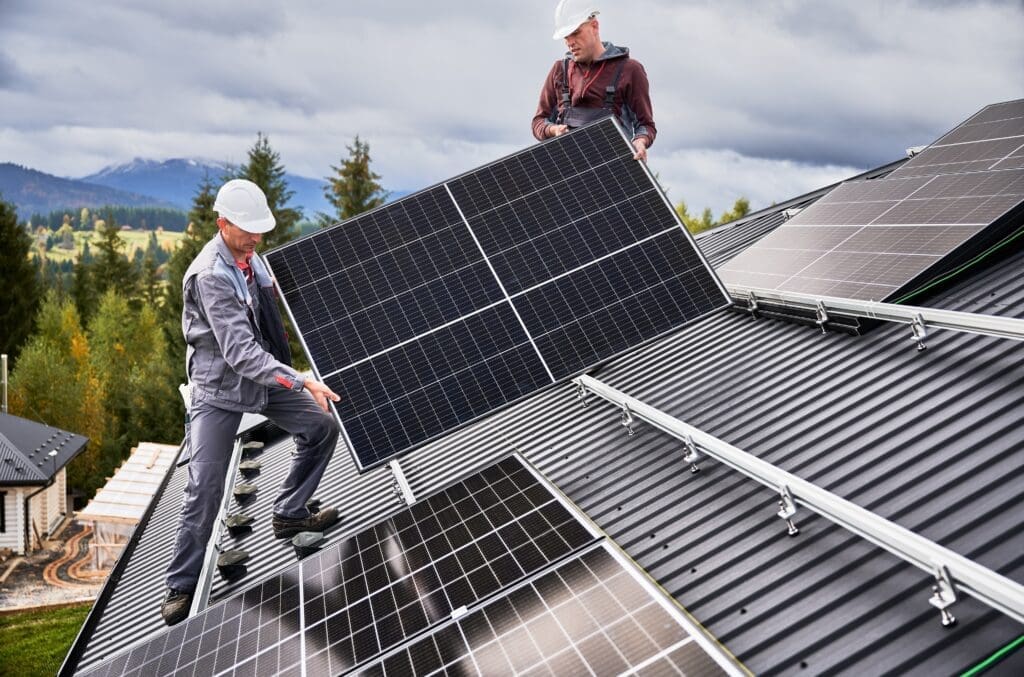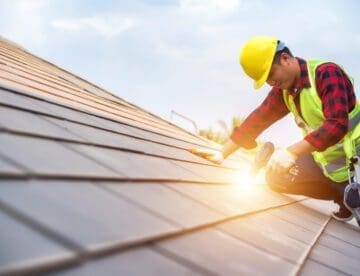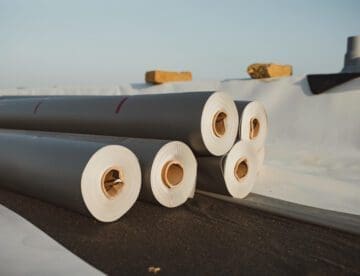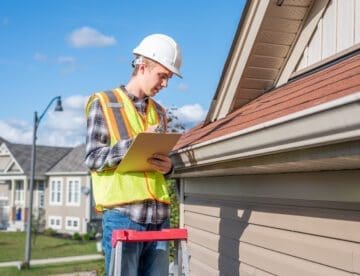Your home is more than just a place to live. It represents a major investment, so it makes sense to be diligent in caring for it. Taking care of the entire exterior is one of the key steps in making sure it lasts a long time, and keeping the roof in good repair is particularly crucial. You don’t want do anything to void your roof’s warranty, after all. Wouldn’t that be a drag? If you were five years into your new roof and a problem came up? Then you learn that because of one or more of the factors below, your warranty is voided. So let’s look at the two main types of roof warranties and how they could be voided.
The Types of Roof Warranties
When you get a new roof installed on your home, you’ll want a written warranty on the materials from the manufacturer. You should also get a written warranty on the labor or the workmanship from the contractor.
- Manufacturer’s warranty: You’ll find these running from 20 years and up on asphalt shingles and even 50 years and up for concrete tiles and metal roofs. Don’t expect to see a warranty on the “natural” materials like cedar shakes and slate tiles.
- Workmanship warranty: A reputable contractor will know that a warranty can set his business apart from the competition. A 10-year guarantee seems like the minimum to me.
What Can Void A Roof Warranty
Quite a few different things can cause either a manufacturer or your roofing contractor to declare that your roof warranty is no longer valid. From the manufacturer’s stand point, those things can include:
Improper Installation
First off, roofing material manufacturers require strict installation procedures for their products. For asphalt shingles, for example, manufacturers specify how many nails must be used per shingle and the length of the nails. If your contractor deviates from those rules and there ends up being a problem, the manufacturer will notice and will probably void the warranty.
Skipping the Roof Tear Off
This practice, known as re-roofing, does save you the cost of tearing off the old roof, but there’s a price to pay. One, manufacturers may void the warranty if your contractor does it this way. And two, you don’t get a good look at the condition of the roof decking when your contractor doesn’t do a full tear off.
Improper/Inadequate Ventilation
Your home’s roof lets warm air move freely from under the eaves and up and out through the ridge vents. If might also have gable-end vents that move air from the ends up to the ridge vent. If that can’t happen because of too little or blocked vents, your attic space can become too hot and/or moist. That can harm your home’s attic space and asphalt shingles, in particular.
Improper Insulation
Spray foam insulation gives a lot of R-value per inch. It air seals all the nooks and crannies as well. It can cause trouble in the attic, though. When it’s applied to the underside of the roof decking, it creates what’s called a “hot roof.” That acts to heat up your shingles, when then shortens their life.
Pressure Washing
It’s understandable that you might think you’re doing your roof a favor by pressure washing it. On an asphalt shingle roof pressure washing will significantly decrease its lifespan. Asphalt shingles are made up of layers of different materials, and none of those layers really like high-pressure water. The top layer, in particular, is the tiny granules that provide the UV protection for the asphalt waterproofing layer. Pressure washing sends those granules flying, which compromises the shingles. If your roof has black streaks on it, that’s algae. It’s really a problem in humid climates like Florida’s. You can use an algaecide and a garden hose to clean it up. Some newer shingles, also, have an algaecide applied at the factory. That product fights the unsightly streaking so you won’t have to deal with that problem for the life of your roof, most likely.
Antennas and Satellite Dishes
The fewer holes in your roof, the better. Anytime you can choose to install some of this hardware on an exterior wall, the better. You may find that these things have less wind exposure on a wall, as well.
Neglecting to Register the Roof Warranty
Manufacturers tend to be sticklers about paperwork and procedures. Completing your warranty registration is one of those things. Some contractors will play a part in this paperwork, too. Feel free to bring that up when you’re negotiating your contract. This is especially true if you have chosen to work with a contractor that is certified by one of the major manufacturers like CertainTeed, GAF, and Owens Corning.
Additions To Your Roof
The first thing that comes to mind here is solar panels. For this one, I would want to get confirmation from both the roofing manufacturer and the contractor that the roof warranty is in effect.
From a contractor’s standpoint, you could void your warrant in a couple of different ways, as well.
Hiring Another Contractor for Roof Work or Repairs
If you were to need repairs on your roof that has an existing warranty, most contractors would declare that you violated the warranty by hiring another contractor to do the work. That would also be true if you hired another contractor to install skylights, for example.
DIY Repairs
Similar to hiring another contractor, your roofing contractor expects to a chance to fix any mistakes he or his crew has made. If you’ve experienced a leak, for example, your contractor doesn’t want to have to deal with anything you’ve screwed up in trying to fix the problem.
You Don’t Have to Void A Roof Warranty
If you’re thinking about your next roof and have some questions, we’re here to help. Whenever you’re ready, give us a call at 813-373-9088. Our team has more than 40 years of experience in roofing. You can also use this form and say, “Let’s talk about my new roof” and we will contact you.

